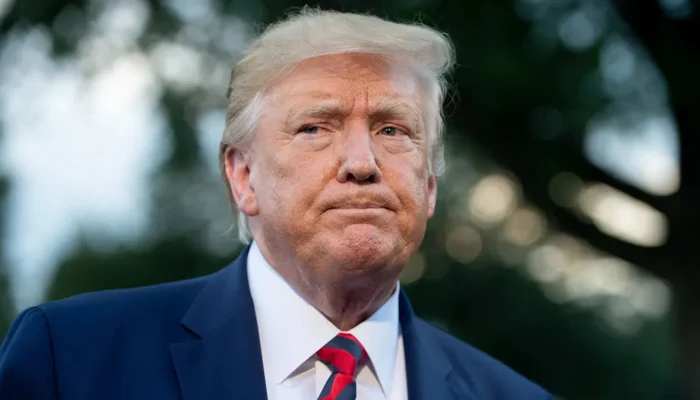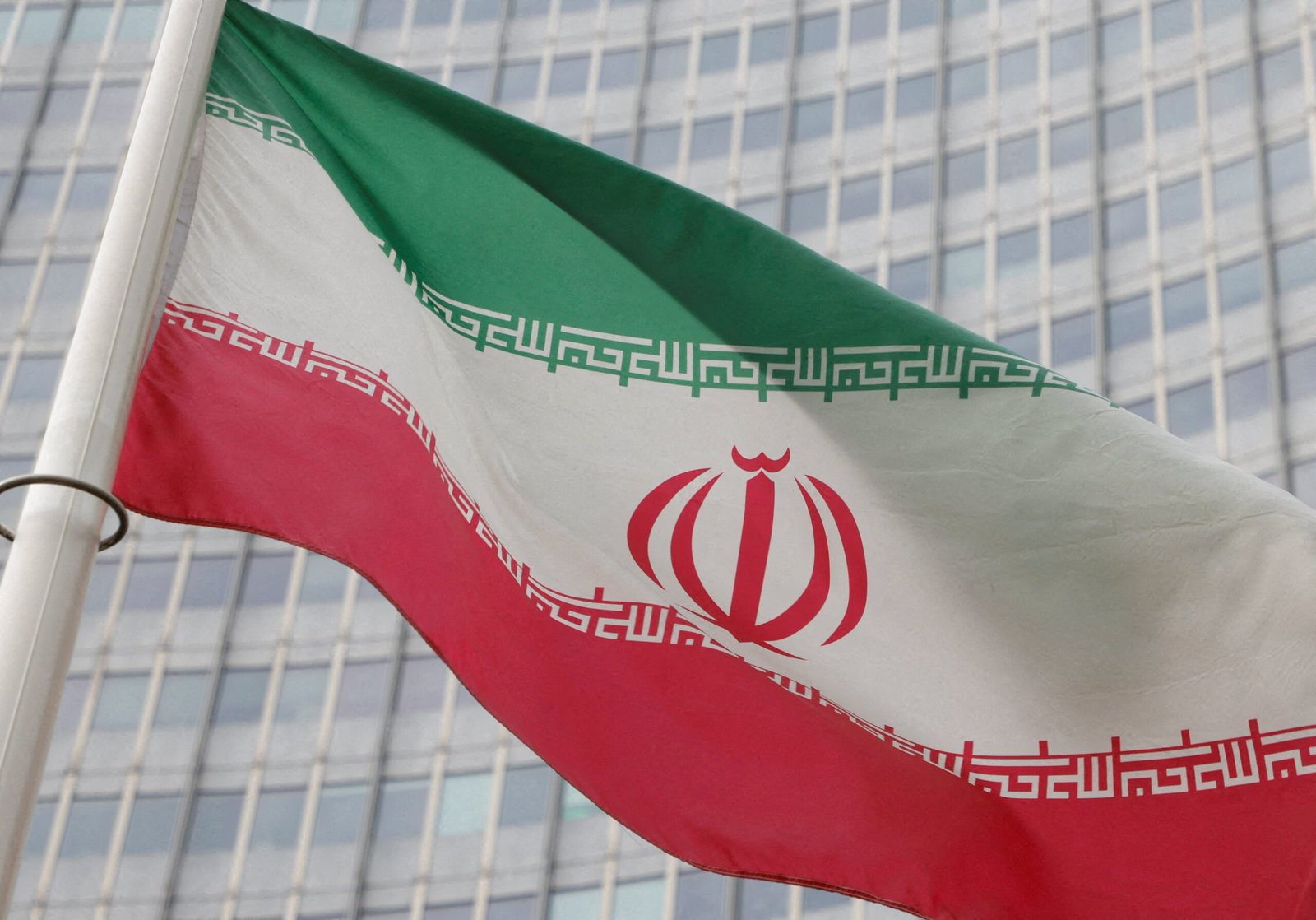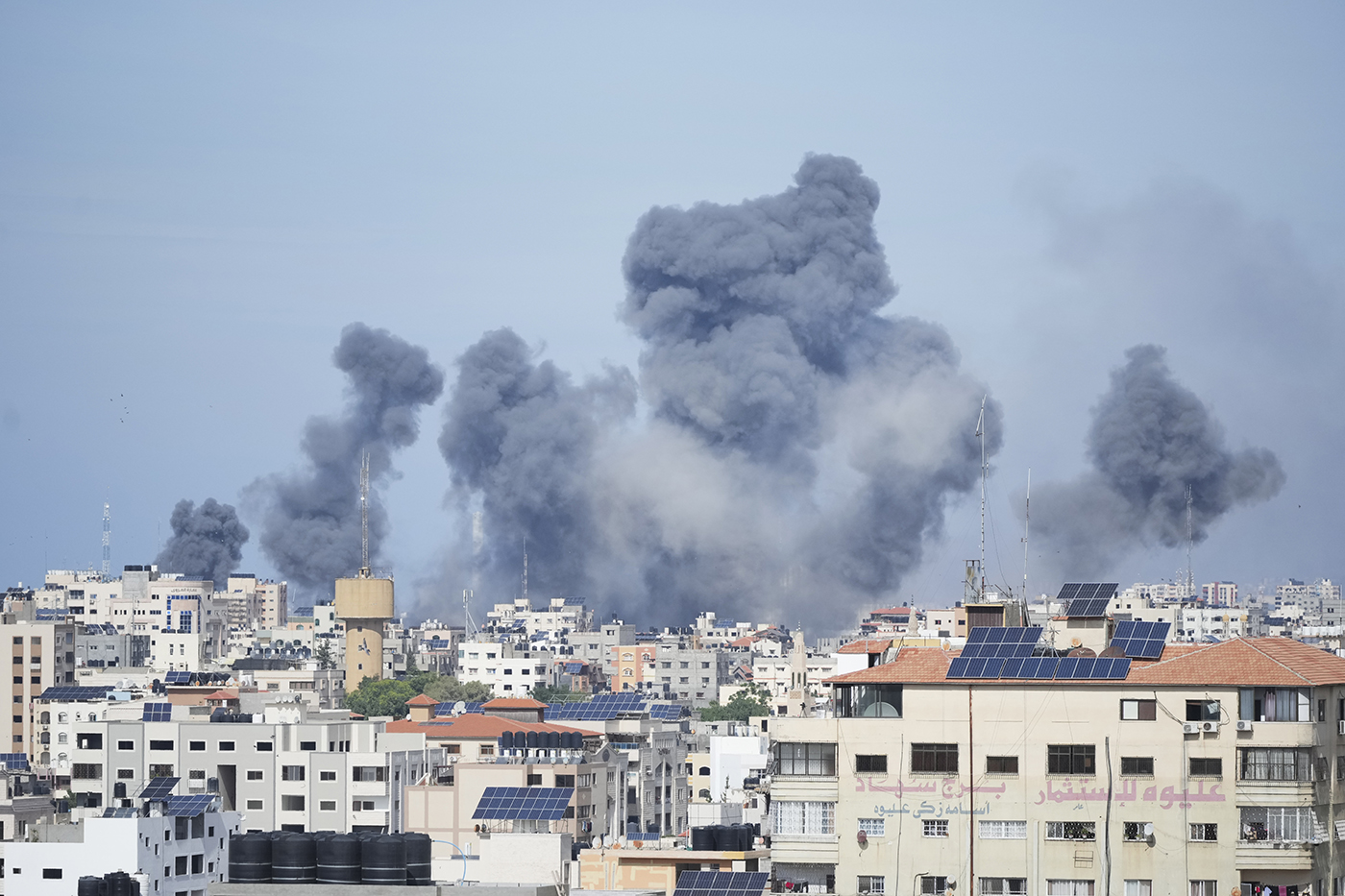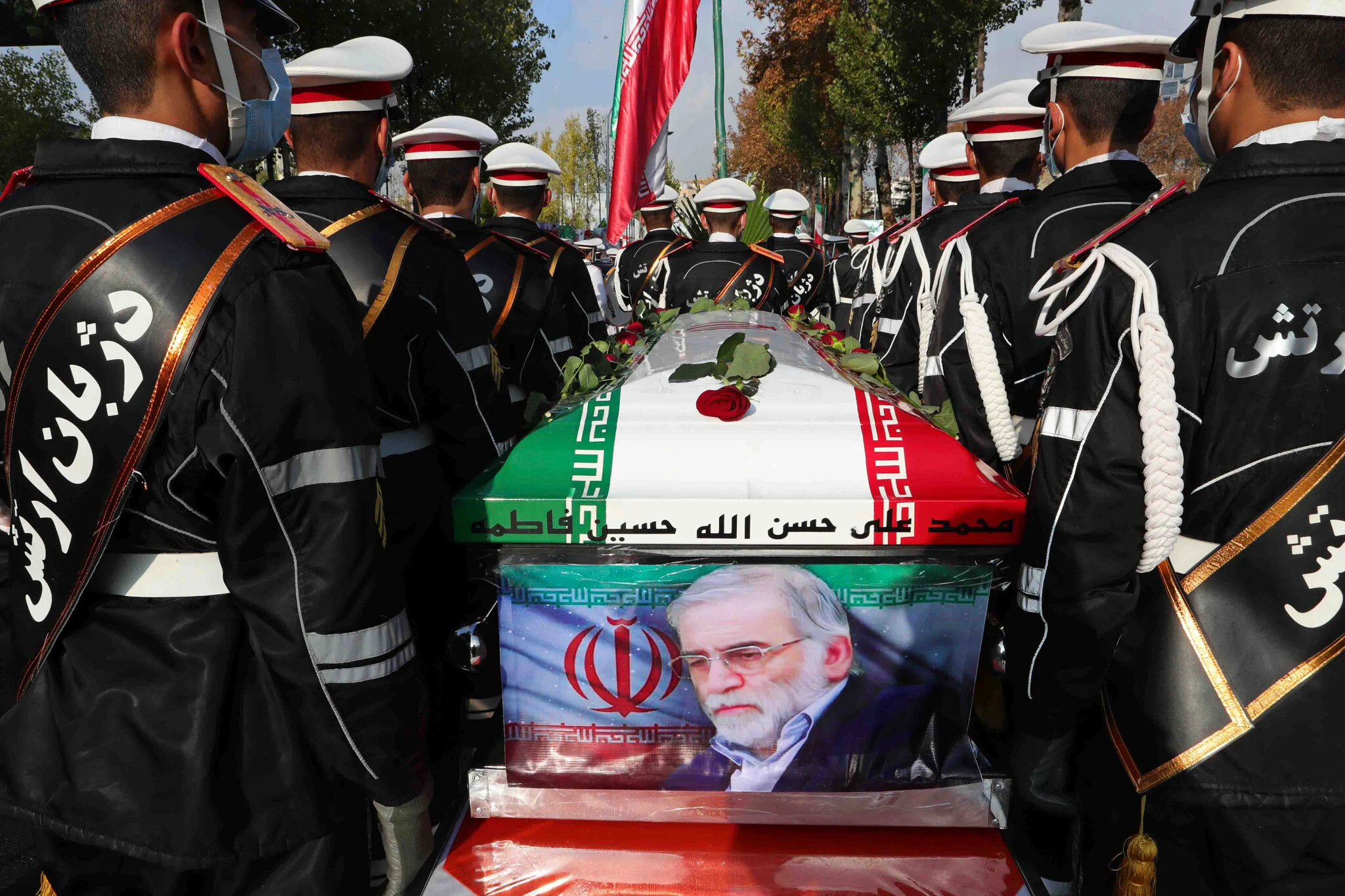In a significant boost to Pakistan’s economy, the International Monetary Fund (IMF) has approved the immediate release of $1 billion as part of its Extended Fund Facility (EFF), according to a statement from the Prime Minister’s Office (PMO) on Friday.
Prime Minister Shehbaz Sharif welcomed the IMF’s decision, expressing confidence that the latest installment reflects growing international trust in Pakistan’s economic policies. He also dismissed India’s alleged attempts to undermine Pakistan’s progress, stating, “India’s efforts to derail our economic development through false propaganda have failed. Global institutions have seen through their tactics.”
The prime minister emphasized that Pakistan’s economy is on a path of recovery, thanks to focused government initiatives like tax reforms, improvements in the energy sector, and efforts to stimulate private sector growth. “Our economic indicators over the past 14 months show clear signs of progress, and we remain committed to long-term, sustainable growth,” he said.
The IMF’s green light brings the total disbursement under the current program to $2 billion, as part of a $7 billion aid package agreed upon last July. The loan package is designed to stabilize Pakistan’s economy, promote inclusive growth, and strengthen resilience against future challenges.
Earlier this year, Pakistan and the IMF reached a staff-level agreement on the first biannual review of the 39-month loan program. The agreement includes key reforms such as a carbon levy, adjustments to electricity tariffs, water pricing revisions, and liberalization of the automobile sector.
In addition to the main aid package, Pakistan secured an extra $1.3 billion under a new 28-month Resilience and Sustainability Facility (RSF), aimed at supporting climate resilience projects. This brings the total IMF support to approximately $8.3 billion.
Looking ahead, the IMF will soon send another mission to Pakistan to finalize the 2025-26 budget, which is expected to be presented in early June. The government plans to gradually roll out major reforms starting July 1, including the carbon levy and adjustments in energy and water pricing.
The upcoming budget will continue the country’s fiscal tightening strategy, with reduced energy subsidies and controlled development spending, aiming to strengthen Pakistan’s financial stability further.
















